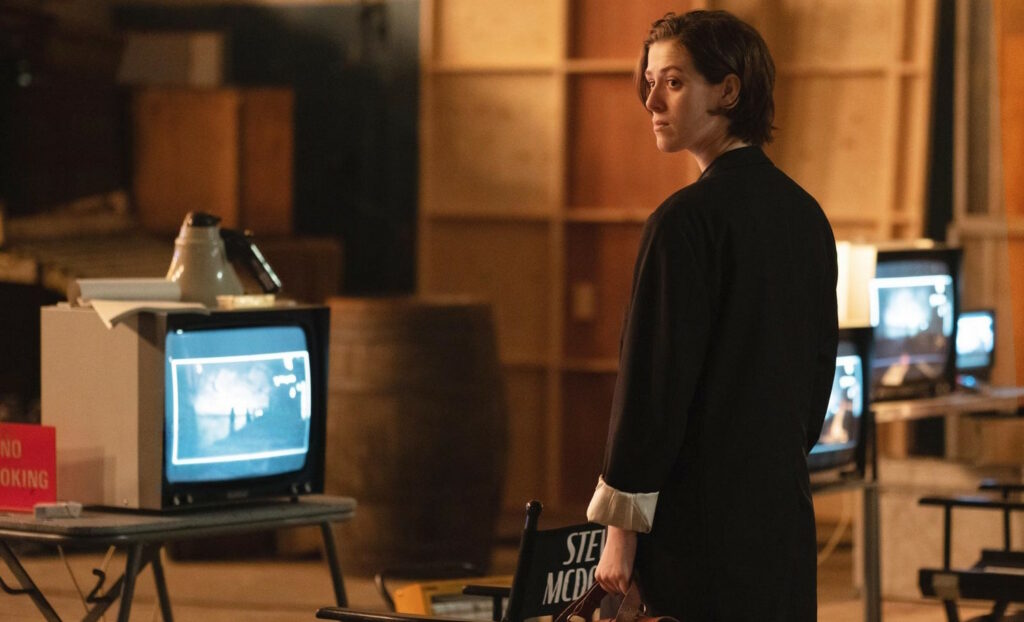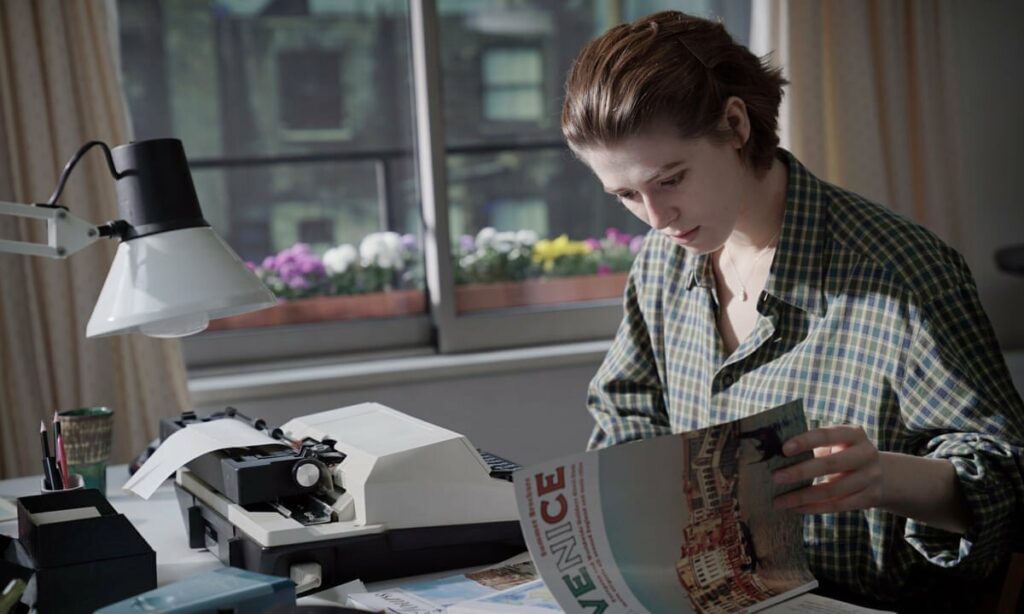Joanna Hogg‘s The Souvenir was a refined piece of cinema, telling the story of a disastrous relationship and building a semi-autobiographical portrait of a young, emerging filmmaker. It was a critical darling, as its artistry and film-obsessed world struck a chord with so many cinema devotees. However, it did not find much of an audience, with its middle class characters and glacial pace proving to be obstacles. It was nevertheless a stunning and confident work, assured and personal. The Souvenir Part II doubles down on what made The Souvenir so spectacular, namely its craft and sense of realism. It also enriches the story and steps away from a stubborn single style, unifying both films and strengthening them as a whole; perhaps it will have more appeal, and give purpose to those who felt disillusioned with the first film.

“The most personal is the most creative” is a quote attributed to Martin Scorsese, who incidentally has an executive producer credit on both The Souvenir films. What makes The Souvenir Part II feel so special is the fact that Joanna Hogg has made a film true to herself. So much is believable because all the little details feel true, from the dialogue and the props, to the chemistry between the cast. In an examination of memory, Part II reconsiders the first film through the eyes of our lead, who is herself recalling events by adapting it to film. It is an introspective and meta exercise by Hogg. The Souvenir Part II fully completes the story, bringing Hogg’s cypher on a journey to Hogg of the present day. This self-portrait of a woman is now a beautiful whole.
The Souvenir Part II centres on an ensemble of film students, with a strong realism to their conversations and personalities: they are argumentative and stressed, creative and insecure. The filmmaking process is shown in meticulous detail throughout The Souvenir Part II. However, the film also takes itself down different avenues, even engaging in surrealism, which seems unexpected given the feel of the first film. It is all a thorough examination of life and cinema, and all the ways in which they can be manipulated and played with. Part II is a much more structurally ambitious film than the first, asserting itself as a sort of essay on the first film. In a way, this approach means it’s a less compelling standalone, but the abundance of fresh ideas it brings to the first instalment makes it part of a far greater whole. It also allows for more humour, since this film is about recovering from pain rather than sinking into it. Not every creative choice lands, and one sequence of someone crying intercut with footage of the collapse of the Berlin Wall is notably strange, but the sheer ambition and confidence of The Souvenir Part II is certainly admirable.

The cast of The Souvenir Part II do an excellent job. Honor Swinton Byrne remains a grounded lead, giving another completely naturalistic performance. Her real-life mother, Tilda Swinton, also plays her character’s mother and fully inhabits a middle class reserve that seems threatened by events. The ensemble of film students carries over mostly from the first film – although the standout remains Richard Ayoade, who steals every scene with a delicious blend of pretentious swagger and blunt remarks.
The Souvenir Part II is a film about vulnerability and making art as a way to process life. The personal nature of the piece is undefined yet still feels like truth, thanks to a world-building that has been so delicate, authentic, and extraordinarily detailed. These two films have come together to produce a moving ode to memory, loss, and the journey of life. This critic may have preferred The Souvenir over Part II, but the two parts are likely best judged as one project: together, they triumphantly bare the filmmaker’s soul.
The Souvenir Part II screened as part of London Film Festival 2021, and is due to be released in the UK on February 4th, 2022.
